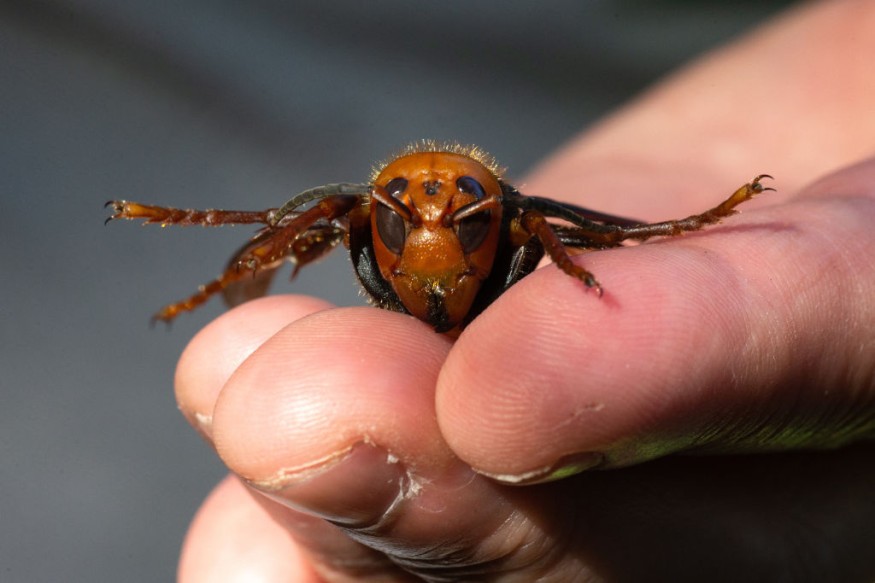Northern giant hornets, formerly known as Asian giant hornets or Asian predatory wasp, are undergoing an explosive population increase in the Flanders region of Belgium, according to local sources on Thursday, July 28.
Not only the hornets are increasing in numbers they are also spreading the coverage of their nests exponentially, with reference to the relatively low figure last year.
Belgian authorities believe if the imminent population spike is not controlled, the number of hornet nests could increase from dozens to hundreds this year. In this context, the indigenous bees, especially honeybees, are at risk toward a significant population decline even a potential annihilation. This is due to the physical superiority of the hornet species toward their bee counterparts.
Over the years, northern giant hornets have made their way into the Pacific Northwest of the United States, Southeast England, and other parts of Europe, including France. It was only until recently when scientists decided to change the name of the hornets, which has been reportedly sensationalized as a murder hornet.
Giant Hornet Population Increase

The Belgium-based broadcasting network VRT NWS reported that the so-called "Asian hornets" are spreading like wildfire in Flanders, describing them as an exotic variety of wasp not native to the country. As a result experts are raising the alarm due to the giant hornet population increase, which is a bad new to the local bee populace.
In the Antwerp Province alone, 25 to 30 nests have been found and confirms the explosive population increase of the hornets, according to provincial coordinator Patrick Van Ende, as cited by the local media outlet.
In addition, the continuance of such trend could see nests spiking to 500 this year, as explained by Kevin Verbeek from the Flemish Bee Institute.
Verbeek asserts event reports of 20 nests is an overwhelming number for an area the size of the said region, adding that one hornet can killed up to 70 bees in a single day.
Being one of the greatest agents of pollination, the hornet threat could impact both farming and horticulture, according to VRT NWS.
Honeybees at Risk
In September 2020, the Oregon State University (OSU) stated the predatory habits of Asian giant hornets can be devastating to the honey bee colonies.
Being an elusive hunter, northern giant hornets can move fast and ambush bees leaving from or returning to their hives.
The giant hornets are native to Japan and other countries in Asia like Cambodia, Laos, India, Thailand, Myanmar, Vietnam, Sri Lanka, Nepal, and even as far as east Russia.
However, the notorious reputation of the hornets came into light when the first sightings of them were recorded in 2019, particularly in the northwestern Washington state and the British Columbia province of Canada.
The invasive hornets recently received their name change to northern giant hornets since it is scientifically accurate and simpler to comprehend, as well as avoiding discrimination, according to entomologist Jessica Ware from the American Museum of Natural History in New York City, as cited by National Geographic.
Related Article : No More 'Murder' as Invasive Asian Hornet Gets Renamed
© 2025 NatureWorldNews.com All rights reserved. Do not reproduce without permission.





